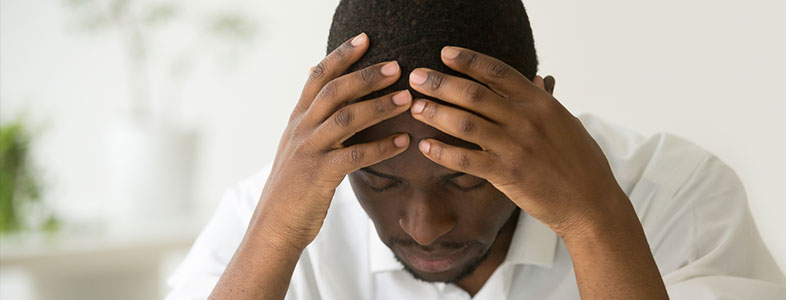
Six months ago, none of us could have anticipated how our lives would look now. But as the true scale of the Covid-19 pandemic becomes clearer, the uncertainty around what happens next is increasing.
The UK lockdown presents an exhausting list of unanswered questions: Will I be able to find toilet roll at the supermarket? Will my family be safe? When will testing happen? And how will we recover economically? The most destabilising of all, perhaps, is how long this will last – something no one can confidently answer.
Uncertainty causes extra stress and anxiety, says Rosie Weatherley, information manager at mental health charity Mind, so it’s entirely understandable if you’re struggling to deal with the unknown.
“We’re bound to feel more worried than usual at the moment,” she tells HuffPost UK. “The external environment is changing every day, which means for some of us, our usual coping strategies aren’t working so well, because we don’t know what we need to prepare ourselves for.”
Realness delivered to your inbox
And, when we feel like this, it’s common to picture the worst case scenario, says psychotherapist Lucy Beresford, as our imaginations scramble to fill those gaps in knowledge.
“The human brain leans towards certainty and clarity,” she explains. “If we don’t get it, we often make it up. This is how faulty thinking or making assumptions come about – but they don’t always help us.”
You can always phone and speak with us at LCC: Contact us here.
If you are struggling and need individual counselling you can speak to us.
Source: Huffingtonpost.co.uk




